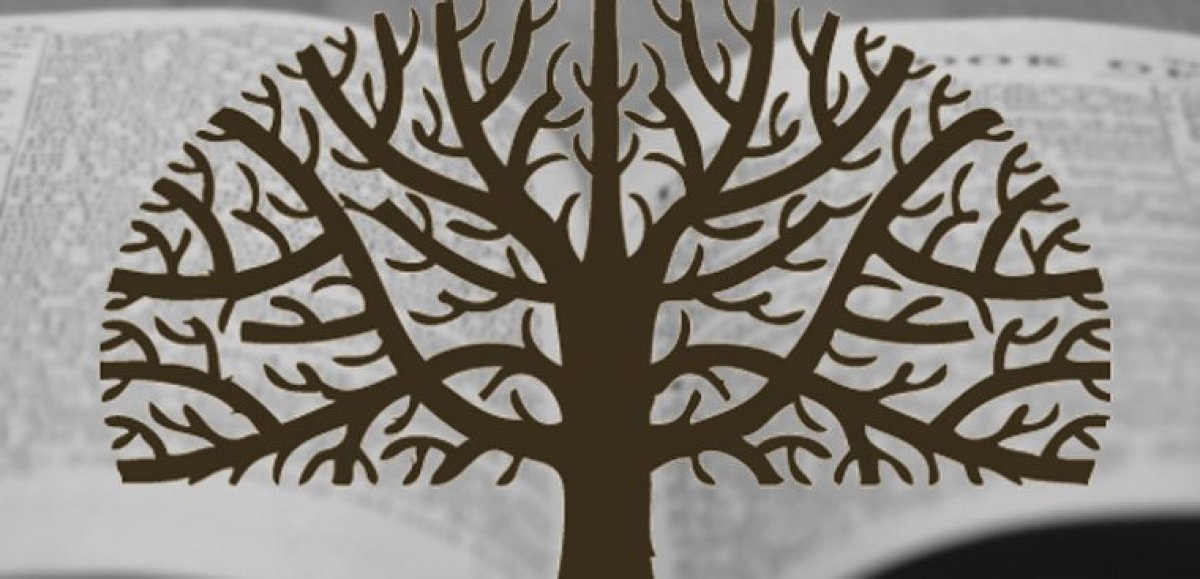As our family gathers for Christmas each year, we read the Christmas story.
Actually, we read part of the Christmas story. We don’t include the genealogies found in either Matthew 1 or Luke 3.
But these 32 verses are part of the Christmas story. In fact, they are a significant enough part that God included them in our Bibles.
What does Jesus’ genealogy reveal?
From a historic and prophetic standpoint, the genealogies listed in Matthew (Joseph’s line) and Luke (Mary’s line) confirm that Jesus was of the line of David, the nation of Abraham. From a theological standpoint, they confirm that He became an heir of Adam, although not sharing Adam’s bloodline.
But from a gospel perspective, these genealogies reveal rich truths:
Sinners Are Candidates for the Gospel
Every single name listed in Jesus’ genealogies—except for Jesus Himself—were sinners.
Consider just a few of these:
- David—committed adultery and murder (2 Samuel 11:3–4, 14–15)
- Jacob—stole his brother’s birthright and blessing (Genesis 25:31; 27:36)
- Isaac—lied to Abimelech (Genesis 26:6–9)
- Abraham—told his wife to lie that she was his sister, not his wife (Genesis 12:10–12)
- Noah—got shamefully drunk (Genesis 9:20–21)
God’s love for sinners is woven into every page of Scripture—even the pages that are filled with names we sometimes struggle to pronounce.
Jesus never sinned, but He chose to be born into a sinful family. And then He chose to take our sin upon Himself.
For he hath made him to be sin for us, who knew no sin; that we might be made the righteousness of God in him.—2 Corinthians 5:21
Jesus Is Able to Save
Even the genealogies emphasize that Jesus, though He clothed Himself in human flesh, was still the Son of God.
And Jesus himself began to be about thirty years of age, being (as was supposed) the son of Joseph, which was the son of Heli,—Luke 3:23
He is man, yes. He is God, too. He is the God-man.
In the beginning was the Word, and the Word was with God, and the Word was God.—John 1:1
Thus, even in a list of 98 names (41 in Matthew and 57 in Luke) we see the gospel revealed:
- We are sinners.
- Christ came to die for our sins.
Are there any two more blessed truths than these?
If you happen to be reading this post and don’t know Christ as your personal Saviour, you can. In fact, I’d encourage you to visit this page that tells from the Bible how you can know Him.
If you do know Jesus as Saviour, would you pause a minute to marvel at the simplicity and totality of the gospel? It isn’t just briefly mentioned in the “Romans Road” verses. It is on every page of Scripture—and is the good news for every moment of our lives.
We are sinners, but Jesus is not. And He came for us.



